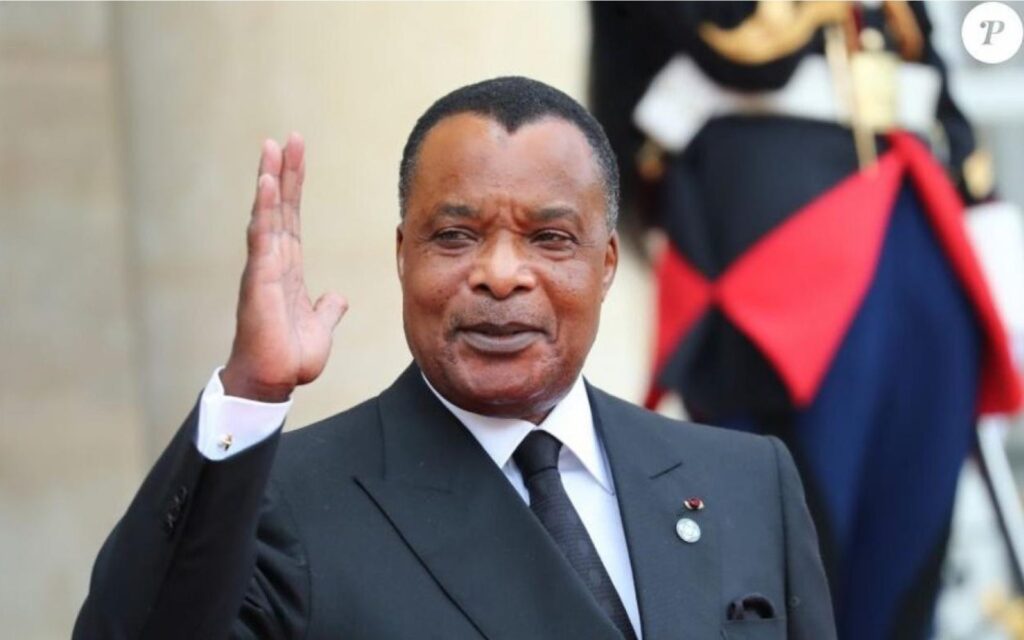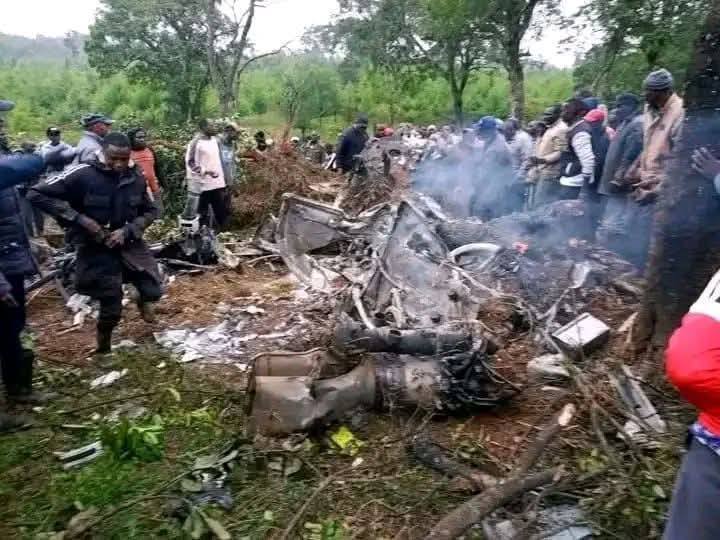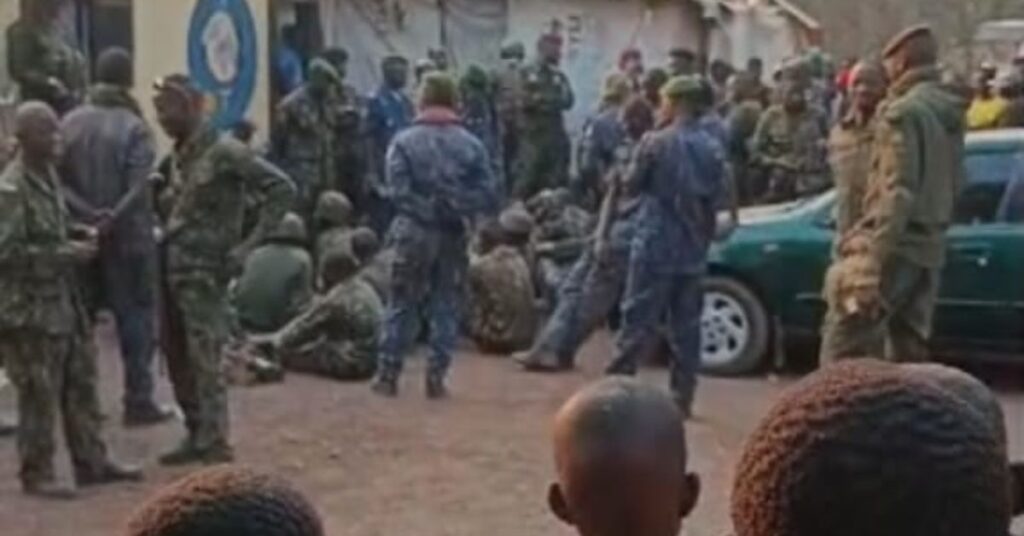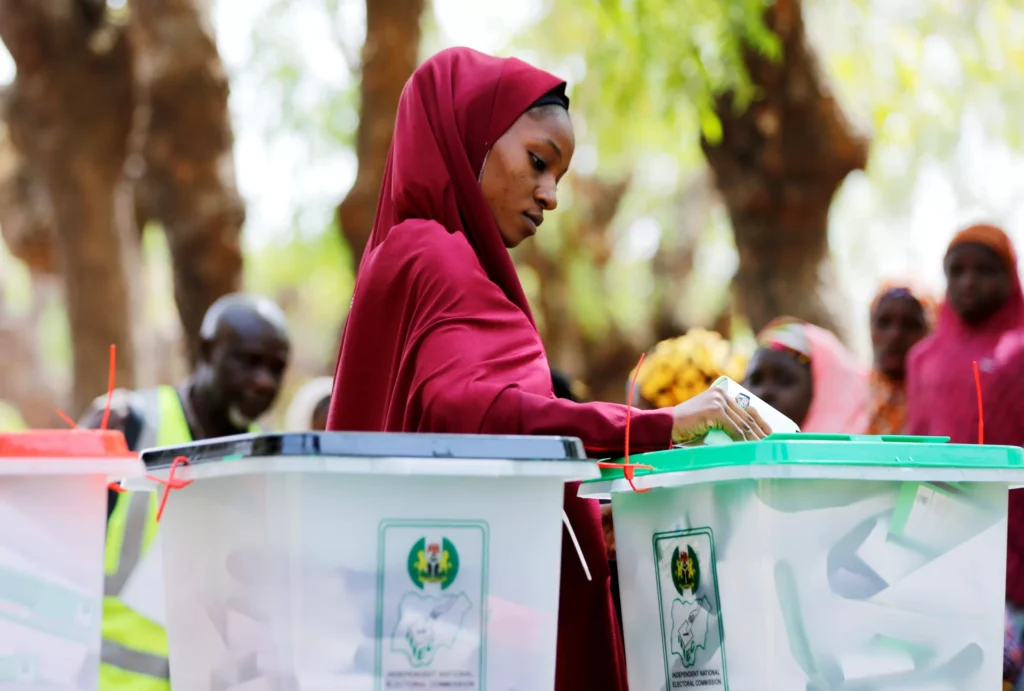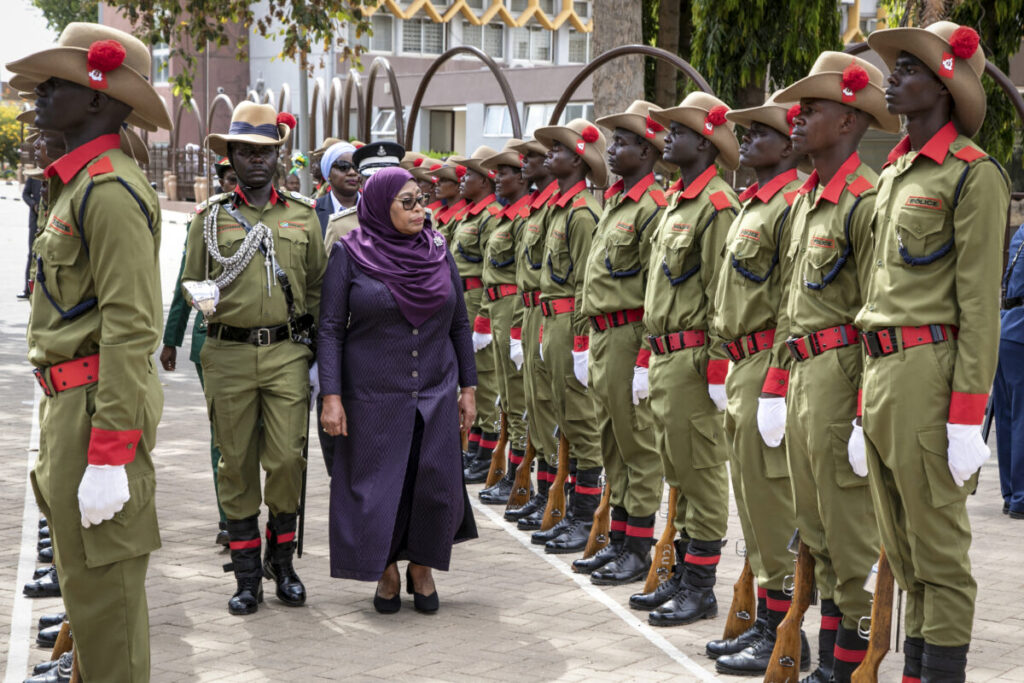
Tanzania has cancelled next month’s independence day events and will redirect the funds towards repairing infrastructure damaged in recent election unrest, Prime Minister Mwigulu Nchemba has announced.
The decision comes as opposition groups and civil society figures have urged people to gather on 9 December to protest killings that followed last month’s disputed vote. The opposition alleges that hundreds were killed during the crackdown. The government has not released an official death toll and has formed a commission of inquiry to investigate.
President Samia Suluhu Hassan won the election with 98 percent of the vote, a result the opposition dismissed as a “mockery of democracy”. Two key challengers were unable to run, with Tundu Lissu detained on treason charges, which he denies, and Luhaga Mpina barred on technical grounds.
Election observers have reported evidence that the process was manipulated and did not meet democratic standards. An international coalition of lawyers and human rights groups has also petitioned the International Criminal Court to investigate alleged crimes against humanity, including mass killings and the secret disposal of bodies.
Their 82-page submission was filed on 13 November and became public on Tuesday. The government had imposed a five-day internet blackout from 29 October and warned against sharing images from the protests. Despite this, graphic footage of dead civilians has circulated widely, some of which has been verified by international media. Officials have criticised the coverage as an unfair attempt to damage the country’s image, insisting that Tanzania remains safe.
Government spokesman Gerson Msigwa said on Sunday that the inquiry commission would clarify events, though rights groups have questioned its independence. More than 240 people were charged with treason after the protests, but many have since been released after the president urged prosecutors to “show leniency”.
On Monday, Nchemba called for calm while announcing the cancellation of celebrations, urging Tanzanians to choose dialogue over unrest.
President Samia, who took office in 2021 after the death of John Magufuli, was initially praised for easing political restrictions, but critics say political space has tightened once again.

